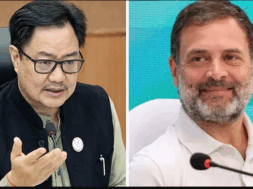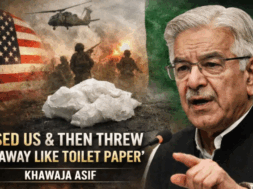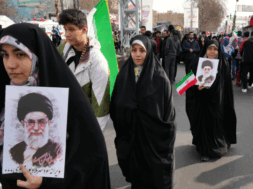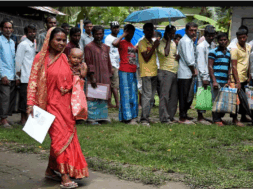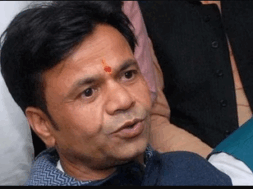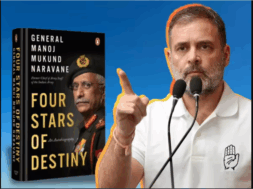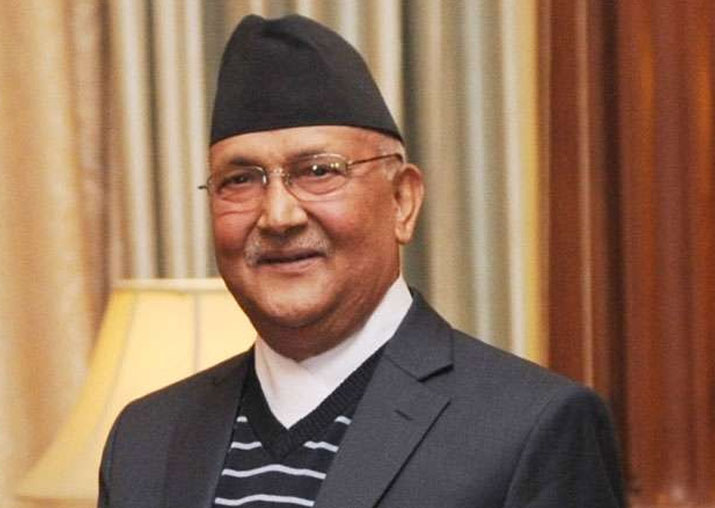
China’s Efforts to Re-Unite Nepal Communist Party Failed
Manas Dasgupta
NEW DELHI, Dec 30: China’s efforts to bring about a rapprochement between the two warring groups within the ruling Communist Party in Nepal is learnt to have failed which could herald in China’s reducing influence on the Himalayan nation.
The country has plunged into constitutional crisis after the pro-China prime minister K P Sharma Oli took a sudden move dissolving the national Parliament on December 20 and gong for fresh elections following factional feuds within the Communist Party of Nepal.
The Nepal Supreme Court is hearing more than a dozen petitions that have challenged parliament’s dissolution on grounds that there was no provision in Nepal’s constitution to dissolve the house if any party or alliance could mobilise the majority.
China send a high-level delegation of the Communist leaders led by Guo Yezhou, a vice minister of the International Department of the Communist Party of China’s Central committee, to try for a rapprochement bid between the two factions or find other alternatives to ensure supremacy of the Communist party in Nepal.
The efforts by Yezhou had special significance in the Nepalese politics because it was he who had successfully brought about the merger of the two factions of the Nepal’s Communist Party, Communist Party of Nepal (Unified Marxist–Leninist) led by Oli and Communist Party of Nepal- Maoist Centre led by the former prime ministers Pushpa Kamal Dahal aka Prachanda and Madhav Nepal. Yezhou was instrumental in facilitating the merger of the two factions in 2018 but Oli’s move to dissolve the national Parliament has once again engineered a down the line split in the party.
After making efforts for the last four days, the Chinese delegation was learnt to have left Kathmandu on Wednesday having failed to perform its mission with the unified Nepal Communist Party (NCP) heading towards an inevitable split.
The NCP sources said the Chinese delegation deputed by the president Xi Jinping tried to convince the leaders of the two factions to avoid the split and bury the hatchet but was unsuccessful. Oli, who told country in a televised address after the dissolution of Parliament that he was forced to make the move because the Prachanda faction was planning to move a no confidence motion against his government in Parliament, refused a suggestion from the Chinese delegation to rescind the dissolution move on the same ground. The Prachanda faction also reportedly refused to give any undertaking of not moving the no trust motion if the House of Representative was restored.
The sources said back in Nepal 34 months after the February 2018 visit that is credited to have helped build the foundation for the NCP, Yezhou worked on several options to retain the dominance of the communist parties in Nepal’s politics during his four-day visit but failed.
Refusing to rescind the dissolution move, Oli is learnt to have told the four-member Chinese delegation that fresh elections were the only solution to the stalemate between the two sides. Prachanda and Nepal hadn’t agreed to give any commitment to the Chinese team either, demanding that PM Oli should reverse the order to dissolve parliament first.
Yezhou’s team also explored the possibility of mobilising an alternative government led by the communist party – but minus PM Oli – in case the dissolution is reversed by the five-judge bench of the Supreme Court. In this format, the team looked at the possibility of getting the Prachanda-Madhav Nepal support from opposition parties such as Janata Samajbadi Party boss Baburam Bhattarai and even Sher Bahadur Deuba’s Nepali Congress. This alternative fits well with the narrative being pushed by the opposition parties that pointedly targets PM Oli, and not the Prachanda-Madhav Nepal faction.
In their conversations with both factions of the NCP, the Chinese team are also learnt to have floated the possibility of Oli and Prachanda factions papering over their differences to jointly contest the national elections scheduled to be held in two phases on April 30 and May 10 and let the electoral verdict decide who leads the next government. Oli again rejected the formulation right away.
